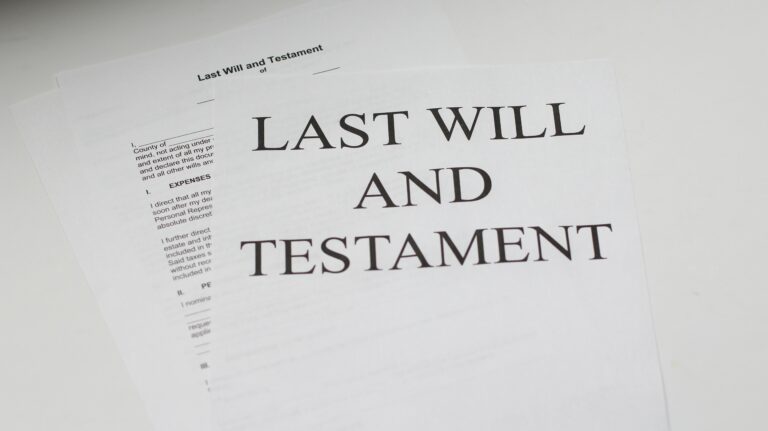
What You Need to Know About Inheritance
Receiving an inheritance is a mixed blessing. It usually comes after a loved one has passed, while you are grieving and trying to figure out how to navigate finances. If you have received or anticipate receiving an inheritance, a recent article titled “Getting an Inheritance? Here are 4 Things to Consider” from Kiplinger, has some helpful information.
It takes time to settle an estate and distribute assets. When a decedent’s affairs weren’t prepared properly in advance, it takes even longer. A recent Gallup poll found less than half of all Americans have a will.
The probate process can be avoided if assets are held in trust. However, even trust distributions may have time-consuming complexities. It can take several months to a year or more to settle an estate.
Being aware of this will help manage heirs’ expectations. Plans for a big purchase should never be keyed to an inheritance, until after the assets are received.
The executor, the person named to administer the estate, must notify beneficiaries and interested parties, pay outstanding bills, close accounts, make an inventory of assets and discern how many of the assets must pass through probate.
They also have to file tax returns with the IRS for the estate and for the decedent’s last year of life. Only after all of this is completed can assets be distributed.
Getting an inheritance often leads to spending the money, not always wisely. Factors such as where the money came from and its intended use influence how it’s spent. However, every dollar inherited should be valued as much as every dollar you earn. Many people treat their inheritances like “fun money” and spend it without careful consideration. Consider using it to bolster your emergency fund, pay off high-interest debt and put some towards long-term savings goals. If there’s still money left over after you’ve covered the basics, then it may be time to spend it on a family trip or support a cause you believe in.
Seek professional advice. Inheritances often come with complications. For instance, there are times when an heir may have a step-up-in-basis provision for taxes. This allows heirs to have the valuation of their inheritance property be equal to its fair market value at the date of death, instead of the lower price at which it was first purchased. This helps minimize capital gains taxes on inherited assets that have appreciated over time. An estate planning attorney will be able to confirm whether this potential benefit applies to you, and what you’ll need to do to navigate any tax issues.
Take time to review your own estate plan. As an heir, or as an executor, you’re likely to be learning a lot about the estate planning process. This should motivate you to address your own estate planning and make it as easy as possible for your own heirs.
This includes keeping clear records of all accounts, along with creating any necessary estate planning documents, including wills, trusts, powers of attorney and advance health care directives. Keeping documents in a place accessible to those administering your estate will help your heirs, as will talking with your family while you are living about your finances, your estate plan and your wishes. The best inheritance of all is one that results from proper planning with an experienced estate planning attorney.
Reference: Kiplinger (Jan. 3, 2023) “Getting an Inheritance? Here are 4 Things to Consider”









